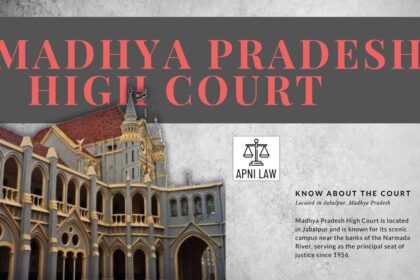Code
Whoever assaults or threatens to assault, or obstructs or attempts to obstruct, any public servant in the discharge of his duty as such public servant, in endeavouring to disperse an unlawful assembly, or to suppress a riot or affray, or uses, or threatens, or attempts to use criminal force to such public servant, shall be punished with imprisonment of either description for a term which may extend to three years, or with fine, or with both.
Explanation
This section criminalizes the act of physically or verbally assaulting, or hindering a public servant in the performance of their duty during a riot or unlawful assembly. The purpose of this section is to protect public servants, who are tasked with maintaining law and order, from being hindered in their duty. It also aims to prevent escalation of violence and disruption during such situations.
Key Points:
- The act must be committed during a riot or unlawful assembly.
- The victim must be a public servant.
- The public servant must be in the discharge of their public functions.
- The assault or obstruction must be intentional.
Illustration
Imagine a situation where a police officer is trying to control a riot. During this, a member of the crowd throws stones at the officer, preventing him from effectively performing his duty. This act would fall under Section 152 of the IPC, as the individual intentionally obstructed a public servant (police officer) in the discharge of his duty (controlling the riot) during a riot.
Common Questions and Answers
Q. What constitutes an assault under this section?
A. An assault can be physical, such as hitting or kicking, or verbal, such as threatening or using abusive language.
Q. Can I be charged under this section if I accidentally obstruct a public servant?
A. No. This section requires intentionality. If the act was unintentional, you cannot be charged under this section.
Q. What is the punishment for violating this section?
A. The punishment is imprisonment of up to two years, a fine, or both.







